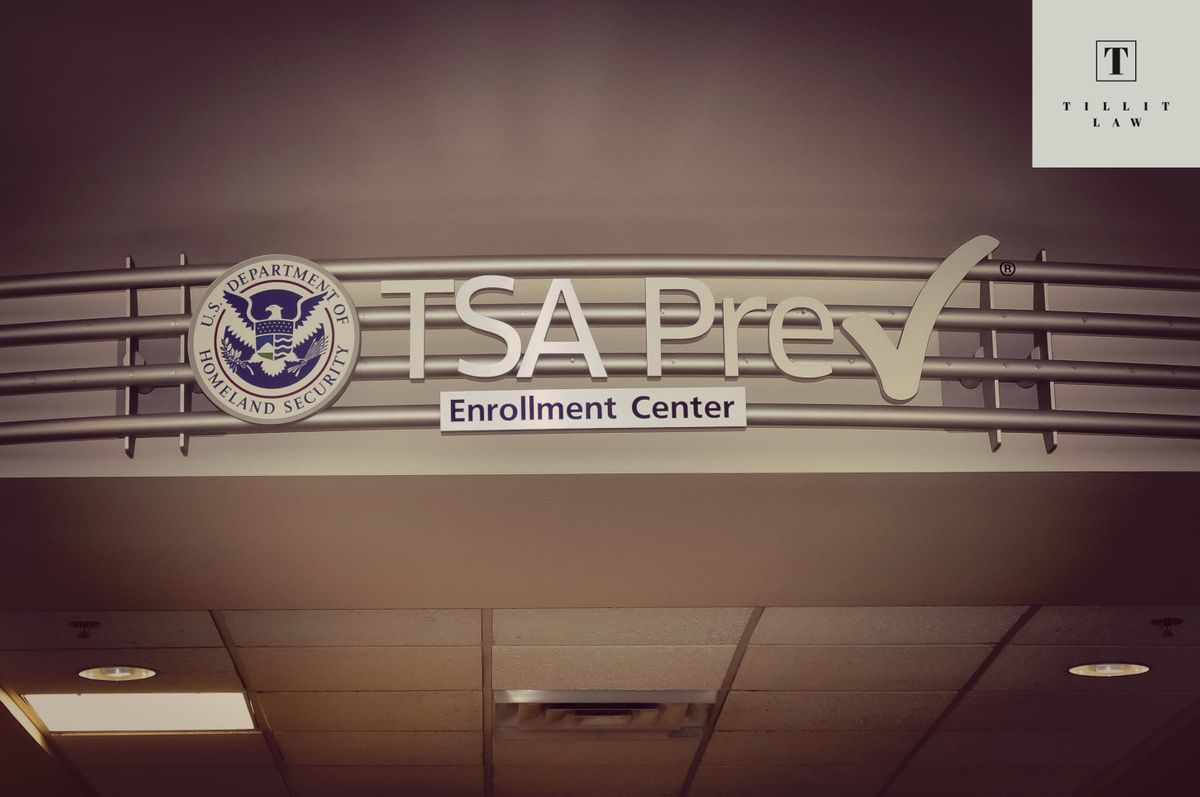Government agencies must document their evaluations decisions in sufficient detail to provide a reasonable basis to support an award. When a protestor challenges the reasonableness of the government’s evaluation in the form of a bid protest, adjudicative forums such as the Government Accountability Office (GAO) first question whether the government’s evaluation is adequately documented before determining whether the evaluation is consistent with the solicitation’s stated evaluation criteria. Therefore, when an agency fails to document its evaluation or retain evaluation materials, it bears the risk that there may not be sufficiently detailed supporting rationale in the record for the adjudicative forum to conclude that the government had a reasonable basis for the award decision. In such cases, the GAO will typically sustain the protest challenging the government’s evaluation decision and recommend that the agency reevaluate the proposals and sufficiently document its rationale. The adjudicative forum will also generally recommend that the procuring agency terminate the awarded contract for the government's convenience if as a result of the reevaluation, an offeror other than the awardee is in line for the award.
In B-422085; B-422085.2, a bid protest decision issued in January 2024, the GAO sustained such a protest and found that the evaluation record did not contain sufficient documentation to show that the Department of Homeland Security (DHS), Transportation Security Administration (TSA) reasonably evaluated the awardee’s prior experience factor. The request for proposal (RFP) was issued to contractors holding the General Services Administration’s (GSA) One Acquisition Solution for Integrated Services (OASIS) indefinite-delivery, indefinite-quantity (IDIQ) contract. The best value procurement was conducted to acquire property management support services under the fair opportunity source-selection procedures of Federal Acquisition Regulation (FAR) subpart 16.5. The RFP utilized five evaluation factors, with the prior experience factor considered the most important and price considered the least important evaluation factor. The RFP required offerors to provide detailed descriptions of prior projects of similar size and scope where the offerors had provided property management support services. Notably, the evaluation criteria in the RFP specifically provided that the TSA would assess the size and scope of the offerors’ prior experience descriptions to assign a rating of low, some, or high confidence.
TSA received two proposals in response to the RFP, with the awardee proposing a much lower price of approximately $19.5 M compared to the protestor’s price of roughly $27.7 M. While the awardee and the protestor were both assigned high confidence ratings in the prior experience factor, the awardee was assigned lower ratings for the technical factors. Among other arguments that were not all expressly addressed by the GAO, the protestor alleged that TSA unreasonably evaluated the awardee’s proposals, resulting in an improper best-value determination. The GAO agreed with the protestor in ruling that the record of evaluation of the awardee’s proposal did not permit the GAO to conclude that the agency reasonably considered the similarity of the size of the awardee’s prior experience examples to the procurement at issue. The GAO analyzed the TSA’s evaluation of each of the awardee’s three prior experience projects, concluding that the TSA’s evaluation focused almost exclusively on considering the scope of the awardee’s prior experience projects rather than their size. For instance, the GAO pointed out that the TSA’s evaluation report concerning one of the awardee’s prior experience projects contained little to no discussion of the size of that project compared to the requirement at issue. Similarly, the agency’s evaluation report did not discuss the dollar value of that prior experience project as compared to the property management support services that were being procured. The GAO also noted that the TSA’s evaluation report mostly restated language from the awardee’s proposal without further analysis or elaboration. The GAO pointed out that the awardee’s other two prior experience projects were approximately $ 12 M over 62 months of performance and $ 1.7 M over 14 months of performance. Meanwhile, the TSA’s independent cost estimate for the project was approximately $ 23.2 M over 60 months of performance, which meant that the solicited project was significantly larger in size than the awardee’s remaining two prior experience projects. GAO noted that TSA’s evaluation report failed to discuss or document why the size of these projects was considered comparable, and therefore, relevant to the value of the solicited effort.
In sustaining the protest, the GAO again emphasized that the agency’s evaluation record failed to adequately document that the TSA considered the size of the awardee’s prior experience efforts compared to that of the solicited effort in a manner consistent with the evaluation criteria in the RFP. Since the record failed to demonstrate that TSA evaluated the size of the awardee’s prior experience examples relative to the solicited requirement in making a relevancy determination, the GAO concluded that the TSA’s evaluation of the prior experience factor was unreasonable and improper. The GAO also pointed to the relative importance of the prior experience factor as compared to price and other factors in noting that since the prior experience factor was the most important, any potential downgrade in the evaluation of the awardee’s proposal under that factor could ultimately impact the source selection decision. Furthermore, the awardee’s proposal was also rated lower than the protestor’s in the technical factors. Therefore, in resolving any doubts in the protestor’s favor, the GAO determined that the protestor was prejudiced by the unreasonable evaluation of the prior experience factor. In its recommendation to the procuring agency, the GAO directed that the proposals be reevaluated, and the agency’s evaluation decision be adequately documented to support its conclusions. Furthermore, the GAO recommended that if the awardee’s proposal was no longer in line for award after the reevaluation, its underlying task order contract award be terminated for the government’s convenience.
When protesting the government’s evaluation decisions, protestors should be aware that procuring agencies are required to adequately document the evaluations underlying their award decisions. The government’s evaluation decisions must typically be supported by more than just conclusory statements that merely restate the evaluation criteria or language from an offeror’s proposal without further explanation or elaboration. In response to allegations of improper evaluation, adjudicative forums will typically review the evaluation record closely to ensure that the agency adequately documented its rationale in sufficient detail so that a review of the award decision is possible. Therefore, protestors should expressly point to the record if it lacks supporting documentation or evaluation rationale. If the record indicates that the procuring agency failed to adequately document its evaluation decision or otherwise retain evaluation materials, the adjudicative forum will likely sustain the bid protest and conclude that the government’s award decision was unreasonable and improper under the circumstances.
This Bid Protests Insight provides a general summary of the applicable law in the practice area and does not constitute legal advice. Contractors wishing to learn more are encouraged to consult the TILLIT LAW PLLC Client Portal or Contact Us to determine how the law would apply in a specific situation.





